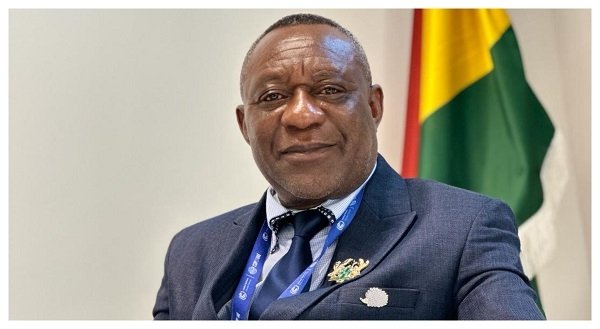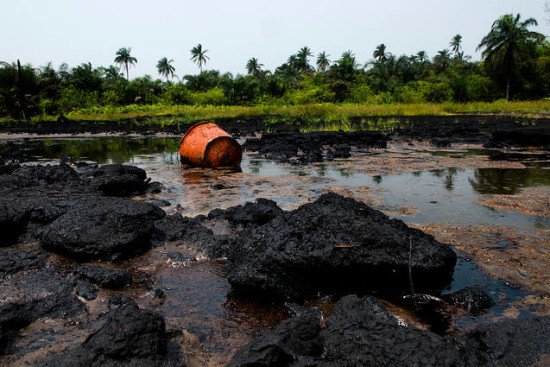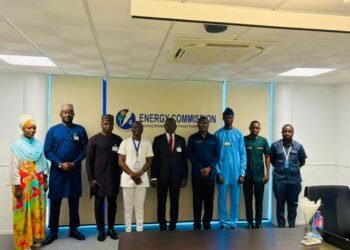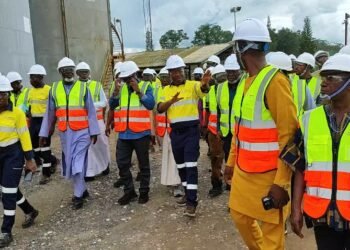Former Chief Executive of the Environmental Protection Agency (EPA), Dr. Henry Kwabena Kokofu, has cautioned Ghana against repeating the mistakes of past oil exploration agreements as the country considers the commercial prospects of crude oil in the Voltaian Basin.
Speaking to The Vaultz News on the sidelines of the Institute of Economic Affairs (IEA) seminar series launch on Ghana’s natural resource management regime, Dr. Kokofu underscored the need for a deliberate and transparent approach to ensure that potential oil wealth from the Voltaian Basin translates into meaningful development for citizens.
According to Dr. Kokofu, Ghana’s experience since the discovery of oil offers important lessons that must not be ignored. He argued that past upstream offshore agreements left the country with limited benefits and raised questions about transparency and fairness.
“Are we going to repeat the same form of agreements that we’ve been doing with the upstream offshore exploitation? The answer is no.”
Dr. Henry Kwabena Kokofu, Former Chief Executive of the Environmental Protection Agency (EPA)

He further questioned the allocation of resources and licenses for exploration, warning against cronyism and political favoritism.
“Is it through competitive bidding or through what we know, the existing administrative procedures that bring cronyism, favouritism, nepotism, and of course, political infusion where the winner takes all?”
Dr. Henry Kwabena Kokofu, Former Chief Executive of the Environmental Protection Agency (EPA)
For him, the Voltaian Basin offers Ghana a fresh opportunity to rethink its approach. “We have got to deal with this kind of resource exploitation in a very frantic way or manner,” he added, stressing that transparency and fairness in resource allocation must be non-negotiable.
Role of Communities in Resource Management

Dr. Kokofu placed particular emphasis on the involvement of local communities in resource management, warning that failure to integrate them could create tensions and undermine long-term sustainability.
“Are we going to be able to integrate the community where the resources are located?
“Are we prepared to bring on board traditional authorities within these areas, where we can have communities coming in to help with the management of the resources?”
Dr. Henry Kwabena Kokofu, Former Chief Executive of the Environmental Protection Agency (EPA)
He argued that resource extraction must deliver tangible development benefits to communities, particularly in the areas of education, healthcare, and economic diversification.
He maintained that prioritising such investments would not only improve livelihoods but also reduce the likelihood of unrest and illegal activities in resource-rich regions.
Lessons from Mining and the Risk of ‘Oil Galamsey’

Drawing parallels to Ghana’s troubled small-scale gold mining sector, Dr. Kokofu warned that without proper regulation, the Voltaian Basin could be plagued by illegal oil exploitation.
“If you take the Voltaian Basin, right from the Volta Region up to the Kintampo Bay area, they are all endowed with crude oil as we speak.
“In the event that they are to be developed, what systems are being put in place? What lessons are being learned from our mining, especially gold mining activity?”
Dr. Henry Kwabena Kokofu, Former Chief Executive of the Environmental Protection Agency (EPA)
He cautioned that without foresight; Ghana could face what he described as “oil galamsey”, a dangerous trend that could rival the environmental and social destruction caused by illegal small-scale mining.
“That’s going to be more deadly, more serious. If you profile the national security architecture, you get to know that resource allocation and competition are going to be at the forefront.
“With the materialisation or the arming of these people within that industry, it’s quite important for us to act now.”
Dr. Henry Kwabena Kokofu, Former Chief Executive of the Environmental Protection Agency (EPA)
Dr. Kokofu’s comments resonate with longstanding concerns that Ghana risks falling into the so-called resource curse, a paradox where resource-rich countries fail to translate wealth into prosperity for their citizens.
While Ghana has earned billions from gold and oil exports, critics argue that weak contracts, corruption, and poor institutional capacity have prevented the country from fully harnessing its natural wealth for development.
The IEA’s new seminar series aims to address these challenges by pushing for reforms in Ghana’s natural resource governance framework.
For him, success will depend on learning from the past, ensuring community inclusion, strengthening regulatory oversight, and treating the Voltaian Basin not just as a resource, but as a foundation for sustainable development.
READ ALSO: Market Cheers as Ghana’s Treasury Auction Breaks Four-Week Drought with 15.8% Oversubscription























